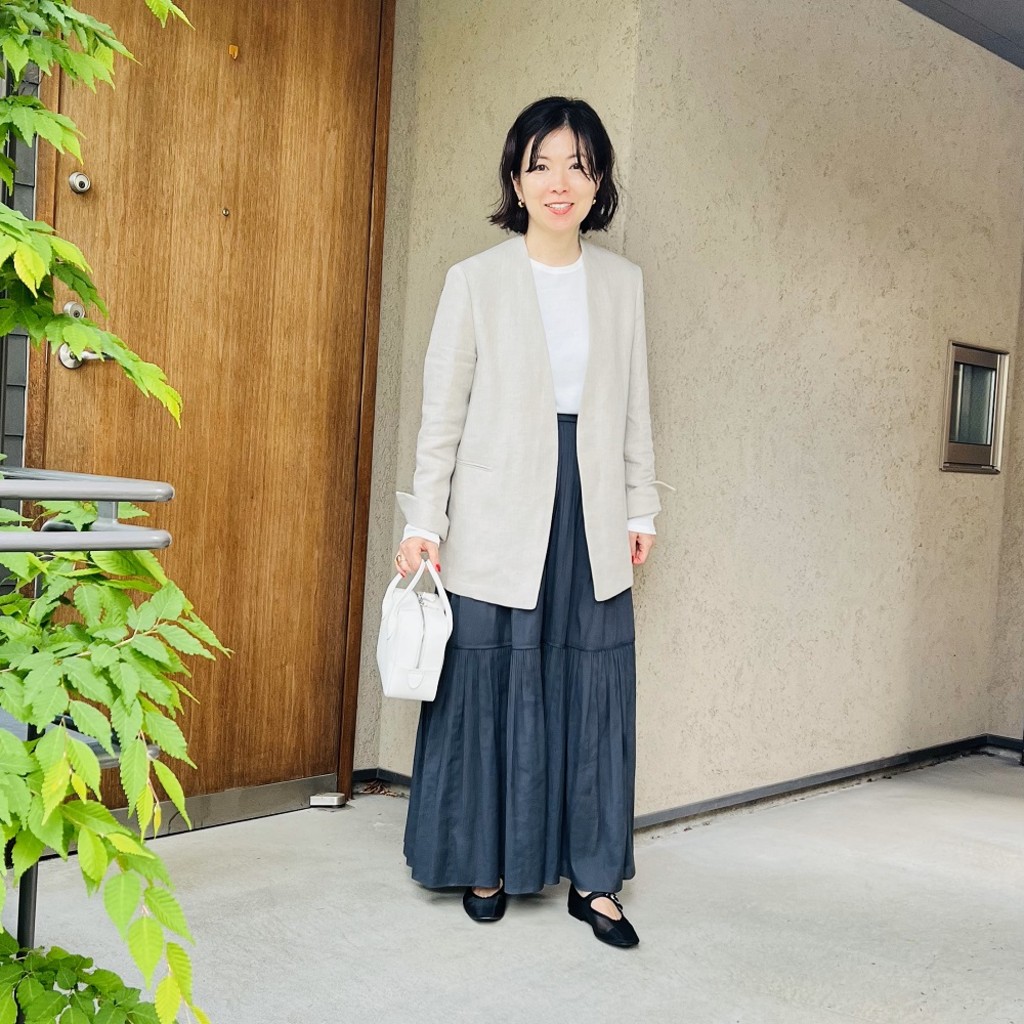植物由来の漢方やハーブも安全とは限らない
薬とサプリメントが影響を及ぼしあう「薬物相互作用」も問題になることがあります。
米国で行われたある研究では、60歳から99歳までの高齢者369人の内服薬を分析。累計22種類のサプリメントの内服が確認され、うち10種類のサプリメントと処方薬との間に相互作用の可能性が指摘されたと報告しています(参考文献10)。
ビタミンサプリメントは、一般的に「健康によさそう」なイメージが先行していますが、先のように科学的根拠には乏しく、一般的な推奨量で問題が起こることは少ないものの過剰摂取による副作用の危険性もあり、その両方を正しく理解した上で用いる必要があるといえます。
副作用のリスクという点では、漢方薬やハーブについても同様です。「植物由来だから安全だ」との意見を耳にすることもありますが、それは必ずしも真実ではありません。

例えば、いくつかの抗がん剤も植物から生まれたものですが、多くの副作用を持ちます。漢方薬やハーブにも副作用があります。例えば、漢方薬の中には、高血圧の原因となるもの、ミネラルのバランスを崩すもの、間質性肺炎と呼ばれる治療の難しい肺炎を起こすリスクのあるものもあります(参考文献11)。
このように、サプリメントは概して害は少ないものの、害がないというわけではなく、また期待される益が必ずしも示されているわけではありません。少なくとも、サプリメントは治療薬の置き換えにはならないという点は認識しておくべきでしょう。
こういったことから、特に複数の治療薬を飲んでいる人にとっては、1日に飲まなければならない錠数を増やし、出費も増やしますので、追加でサプリメントを飲むということ自体、あまり強くお勧めできる方法ではありません。
米国の疾病予防を講じる機関USPSTFのガイドラインは、ビタミンの補給に関していくつかの推奨事項を示しているので、それも参考にしてみましょう。そこでは、妊娠を計画している、または妊娠の可能性があるすべての人に対して、400~800マイクログラム/日の葉酸サプリメントを推奨しています(参考文献12)。
一方で、がんまたは心血管疾患の予防のために、マルチビタミン、または単一のビタミンやミネラルのサプリメントを推奨できるだけの十分な証拠はないと述べています(参考文献13)。加えて、USPSTFは、がんまたは心血管疾患の予防のためにβ-カロテンまたはビタミンEサプリメントをとることは推奨しない、とも述べています。
健康への意識が高い人にとって、サプリメントに関する噂や宣伝は、科学的根拠の有無に関わらず、魅力的に映ります。しかし、その宣伝によって、私たちは益と害の客観的な天秤を狂わされる傾向があることには意識的になる必要があります。そういった背景を十分認識した上で、選択する必要があるといえます。サプリメントを「買わされる」人にならないように。
前回記事「薬の飲み忘れを防ぐ方法。薬局で頼める「一包化」とは?【医師・山田悠史】」はこちら>>
参考文献
1 Nahin RL, Pecha M, Welmerink DB, Sink K, Dekosky ST, Fitzpatrick AL. Concomitant use of prescription drugs and dietary supplements in ambulatory elderly people. J Am Geriatr Soc 2009; 57: 1197–205.
2 Forrest KYZ, Stuhldreher WL. Prevalence and correlates of vitamin D deficiency in US adults. Nutr Res 2011; 31: 48–54.
3 Huang HY, Caballero B, Chang S, et al. The efficacy and safety of multivitamin and mineral supplement use to prevent cancer and chronic disease in adults: a systematic review for a National Institutes of Health state-of-the-science conference. Ann Intern Med 2006; 145: 372–85.
4 Coulter ID, Hardy ML, Morton SC, et al. Antioxidants vitamin C and vitamin e for the prevention and treatment of cancer. J Gen Intern Med 2006; 21: 735–44.
5 Al-Khudairy L, Flowers N, Wheelhouse R, et al. Vitamin C supplementation for the primary prevention of cardiovascular disease. Cochrane database Syst Rev 2017; 3. DOI:10.1002/14651858.CD011114.PUB2.
6 Soprano DR, Soprano KJ. Retinoids as teratogens. Annu Rev Nutr 1995; 15: 111–32.
7 Feskanich D, Singh V, Willett WC, Colditz GA. Vitamin A intake and hip fractures among postmenopausal women. JAMA 2002; 287: 47–54.
8 Ferraro PM, Curhan GC, Gambaro G, Taylor EN. Total, Dietary, and Supplemental Vitamin C Intake and Risk of Incident Kidney Stones. Am J Kidney Dis 2016; 67: 400–7.
9 Miller ER, Pastor-Barriuso R, Dalal D, Riemersma RA, Appel LJ, Guallar E. Meta-analysis: high-dosage vitamin E supplementation may increase all-cause mortality. Ann Intern Med 2005; 142. DOI:10.7326/0003-4819-142-1-200501040-00110.
10 Wold RS, Lopez ST, Yau CL, et al. Increasing trends in elderly persons’ use of nonvitamin, nonmineral dietary supplements and concurrent use of medications. J Am Diet Assoc 2005; 105: 54–63.
11 Ikegami F, Fujii Y, Satoh T. Toxicological considerations of Kampo medicines in clinical use. Toxicology 2004; 198: 221–8.
12 Folic acid for the prevention of neural tube defects: U.S. Preventive Services Task Force recommendation statement. Ann Intern Med 2009; 150: 626–31.
13 Moyer VA. Vitamin, mineral, and multivitamin supplements for the primary prevention of cardiovascular disease and cancer: U.S. Preventive services Task Force recommendation
写真/shutterstock
































Comment